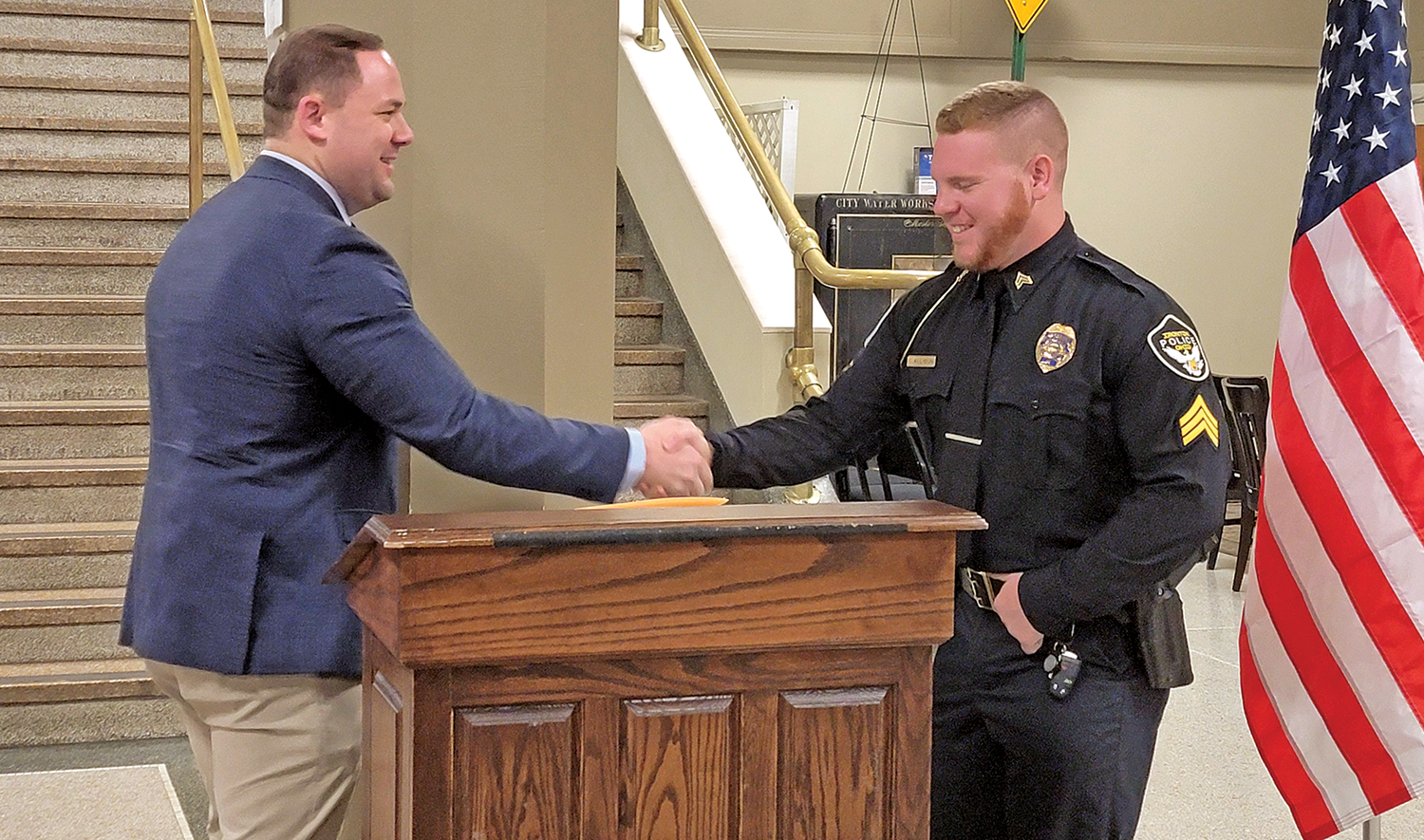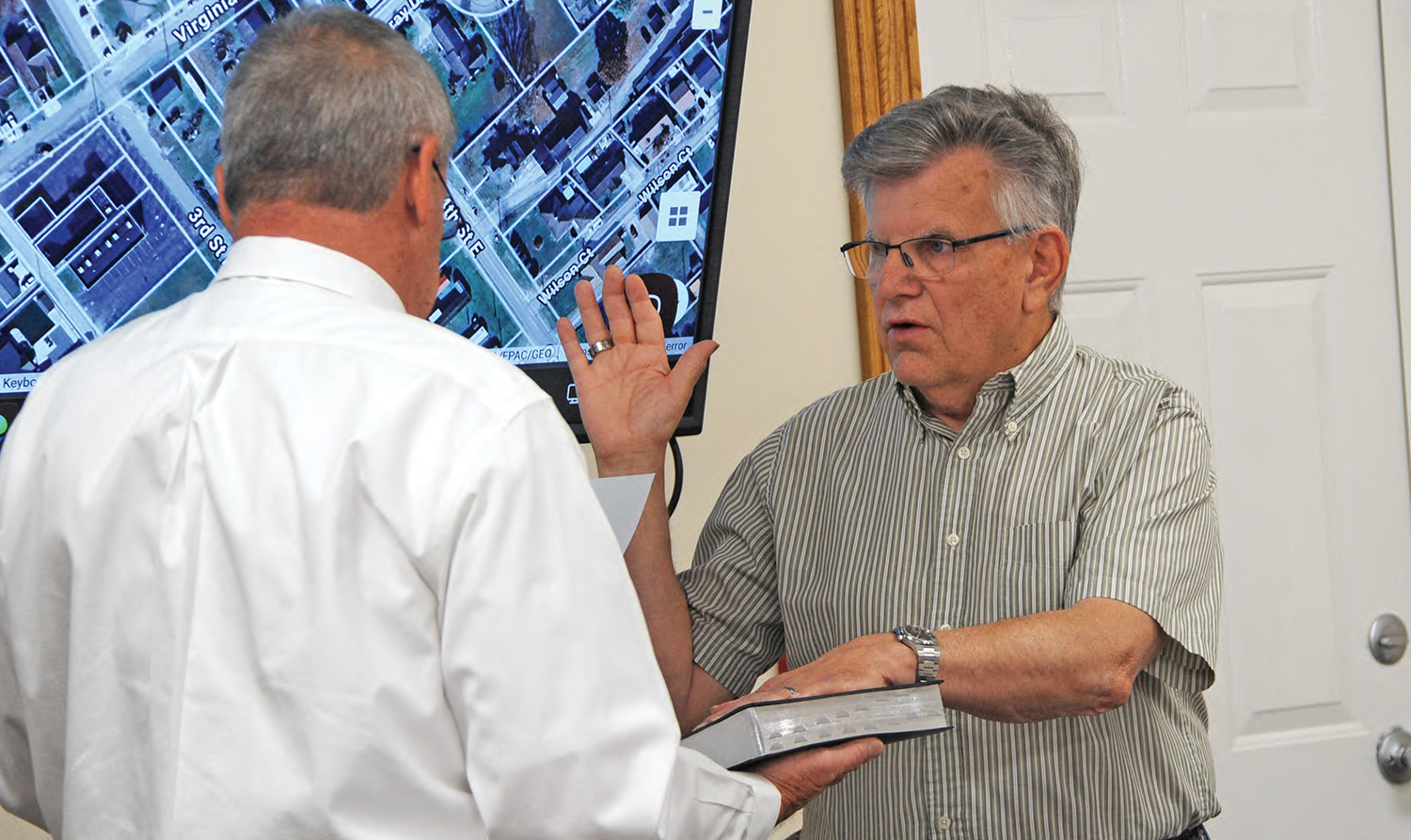CAO, Solid waste resolve differences: Vehicles to be divided between 2 agencies
Published 11:11 am Wednesday, February 4, 2015
The fight lasted 26 months and whether the participants actually kissed and made up is known only to them.
But on Tuesday, through the efforts of a mediator, an end came to the impasse between a county cleanup agency and the organization that once managed it that prompted a lawsuit, a fight over a fleet of vehicles and a request for more than $310,000 in cash. If the mediation had not been successful, the dispute was headed for Lawrence County Common Pleas Court.
According to a joint press release, the ownership of the vehicles was divided between the two agencies with no mention of any decision on whether one owed the other any money.
“The Lawrence-Scioto Solid Waste District and the Ironton-Lawrence County Community Action Organization jointly announced (Tuesday) that they have resolved all legal matters involved in the proceedings pending before the Lawrence County Common Pleas Court,” the statement read. “The parties have agreed to a joint dismissal of all claims.”
On Tuesday in Scioto County titles to all the vehicles, which were in the name of the CAO, were returned by the solid waste district to the CAO.
“In recognition of the donations by other agencies to equip the 2012 Chevy Equinox as an enforcement vehicle and a 2010 utility trailer’s limited use for recycling, Ironton-Lawrence County Community Action Organization, as a gesture of goodwill, will donate (those vehicles) to the Lawrence-Scioto Solid Waste Management District,” according to the statement,
In March of 2013, the solid waste management district filed a lawsuit against the CAO, five months after the management district declared its independence from that organization, a relationship that began in the late 1990s.
The CAO had taken over operation of the solid waste district in the late 1990s after it had run into problems with the state Environmental Protection Agency.
The yearly contract between the district and the CAO was for $385,000, out of which the CAO was paid an administrative fee.
Most of those funds went for salaries and benefits for the employees, according to D.R. Gossett, director of the CAO. Most of district’s annual revenue comes from the $1 a month parcel fee all property owners in the Lawrence and Scioto counties pay on their property taxes.
It was out of that $385,000 that four cars, two trailers and a van were purchased. Those vehicles were used by the solid waste district in its work to clean up litter eyesores and tire dumps and prosecuting those breaking dumping and littering laws.
When the district broke from the CAO, those vehicles became a point of contention between the two agencies, both claiming the cars and trucks were theirs.
After the two organizations had a parting of the ways, the CAO kept the titles to the cars and trucks calling them assets. The agency also said liability insurance for solid waste district employees was now invalid since those employees were no longer with the CAO. The break made the district’s employees Scioto County employees, even though its headquarters stayed in Lawrence County.
“Those vehicles were bought by the CAO, not the county,” Gossett said at the time. “It is a fair statement we basically bought those with the money the county had given us. But the county gave us that money for performance with no strings attached. They were happy with the performance, including taking the risk of buying assets and employing individuals.”
Solid Waste District coordinator Dan Palmer, however, said the vehicles belonged to the district, not the CAO. Because of that, solid waste district employees kept the vehicles at undisclosed places from the fall of 2012 until Tuesday.
The March 2013 complaint sought that ownership of vehicles used by solid waste but claimed by the CAO as assets be returned to the district; the CAO repay to the district any funds over and beyond the contract between the two; and approximately $310, 000 for reimbursement.
As far as the money sought, the statement does not address that other than to say “each party complied with the terms of the contract during the relevant period of time and wished each other well in all their future endeavors.”
Following the release of the statement Gossett said he was glad the impasse was resolved.
“Of course, it is always good to have it behind you and move on,” Gossett said. “Since this thing has been lingering and basically gone on we have done a lot of work. It is strange to come back to this issue considering it is so long ago.”
Calls made to Palmer were not returned by press time.





